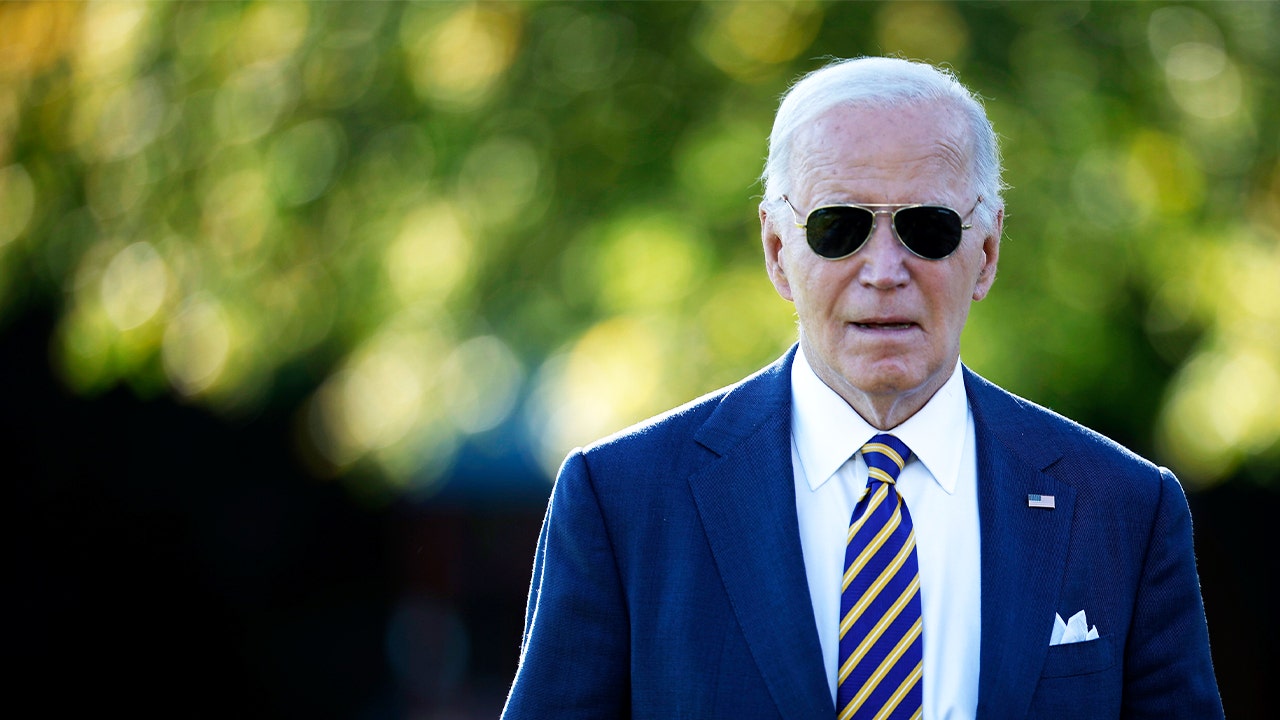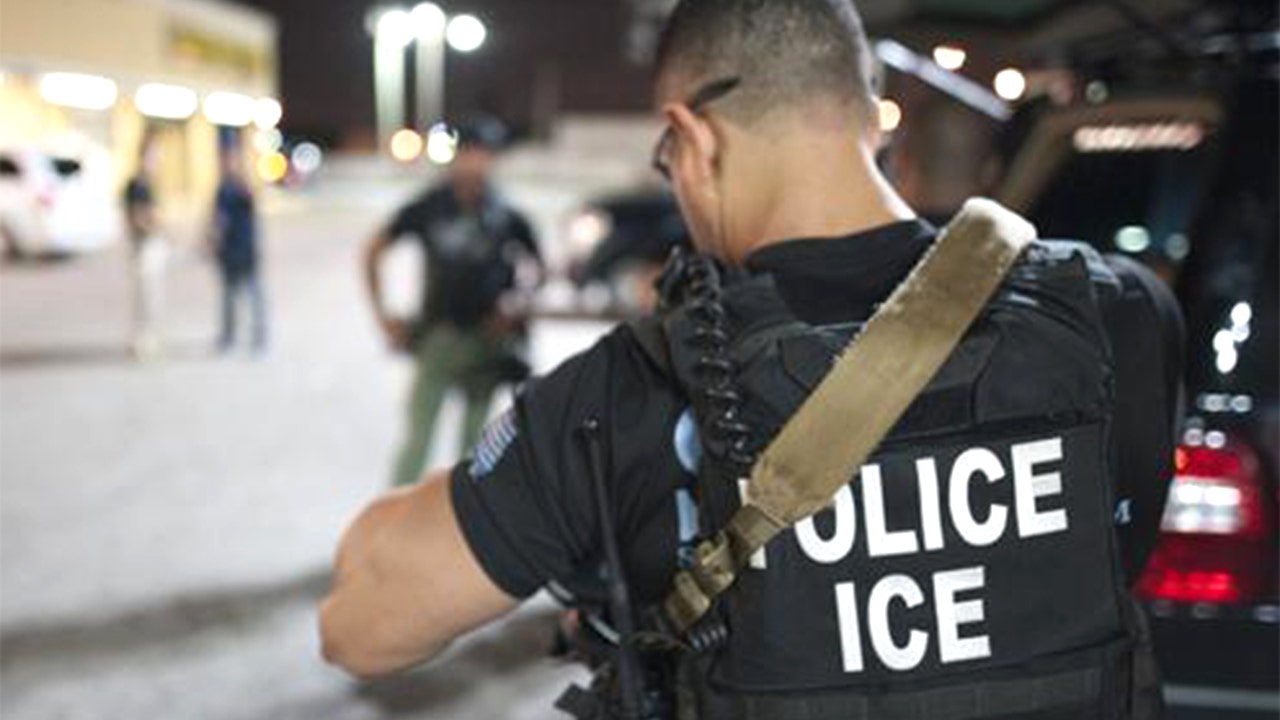Winning the company’s voluntary cooperation seemed more expedient.
‘Green Light’
As Mr. Cheesbrough described a long-planned email upgrade in that Feb. 9 meeting, police minutes indicate and detectives say that he left out a fact that investigators have only learned recently, as evidence has emerged in the hacking lawsuit:
The bulk of the emails had been deleted only days earlier, in the investigation’s key early days. And Mr. Lewis was involved in that decision.
In January, the company deleted about 11 million emails, according to the lawsuits.
Then, on Feb. 3, Mr. Lewis sent an email giving a “green light” to delete another 15.2 million emails, according to claims by the plaintiffs, citing News Corporation records.
It was only in March, after these deletions, that the company and the police reached an agreement. Going forward, detectives could ask the company to do key word and name searches, which would be handled by a third party, then filtered through the company to consider raising objections.
By April, the company had handed over just 54 emails, according to the plaintiffs’ filings.
It was around this time that Mr. Lewis became the primary point of contact for the police, helping solidify his reputation as a crucial cooperator. The Guardian newspaper, which broke open the phone hacking scandal, called him “News Corp’s cleanup campaigner.” Even Sue Akers, the head of the task force, would later say that the relationship with the company improved when Mr. Lewis arrived.
But the detectives closest to the case quickly came to doubt this new spirit of cooperation. As potential evidence began to be turned over under the new protocol, Detective Sgt. Wayne Harknett, a computer specialist, noticed something odd. Even given the deletions, “Emails which we had expected to find did not appear to be present,” he said in a previously unreported document.





